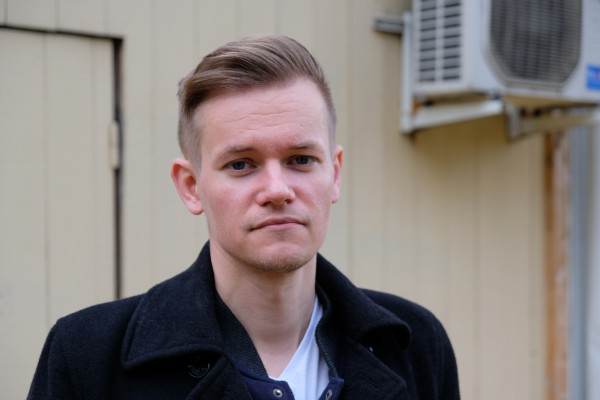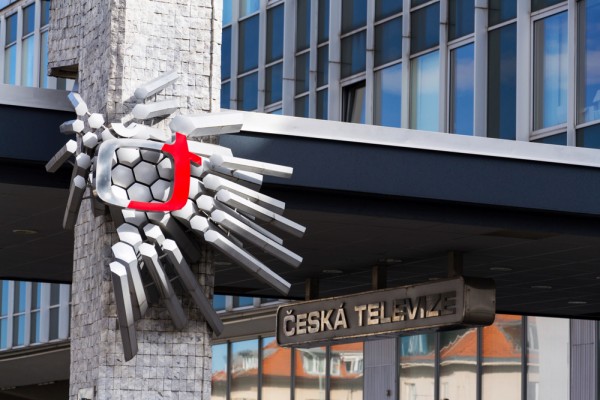Six journalists and media employees in Turkey face trial today in Istanbul on accusations of spreading terrorist propaganda and revealing state secrets stemming from leftist hackers’ release of emails last year from a private account of the country’s energy minister, the son-in-law of President Recep Tayyip Erdoğan.
Three of the six – Tunca Öğreten, former editor of opposition news portal Diken; Mahir Kanaat, an employee of left-wing opposition newspaper BirGün; and Ömer Çelik, news editor of the pro-Kurdish Dicle News Agency (DIHA) – have been in pre-trial detention since December.
“We reject the charges in this case, which represents yet another effort by Turkey’s government to criminalise journalism,” International Press Institute (IPI) Program Director Steven M. Ellis said. “Reporting on leaked information suggesting a conflict of interest by a high-ranking official is public interest journalism, not terrorism.”
The case’s origin lies in a September 2016 cyber-attack on the account of Energy Minister Berat Albayrak by Marxist-Leninist hacker group RedHack. The group created a private, direct-message group on Twitter, to which it added journalists without their consent before sending them copies of hacked emails.
Several media outlets in Turkey covered the emails. Among other claims, the emails alleged that Albayrak had close ties to a Turkish oil company that was granted a monopoly on oil imports from Iraqi Kurdistan and which is accused of complicity in deals with Islamic State group-controlled oilfields.
On Dec. 25, police detained Öğreten, Kanaat and Çelik in dawn raids, as well as Derya Okatan, Eray Sargın and Metin Yoksu. The latter were released after 24 days in custody, but Öğreten, Kanaat and Çelik were placed in pre-trial detention without official charge.
No indictment was presented until July, when prosecutors accused the journalists in the case of “revealing state secrets”. The indictment also alleged, without explanation, that the journalists manipulated the emails’ contents and tried to harm national energy policy by “creating a negative perception”.
It accused Öğreten of links to an outlawed leftist militant group purely on the basis of RedHack’s alleged links to the group. The indictment also claims he was part of the movement led by U.S.-based Islamic cleric Fethullah Gülen, who Turkey’s government alleges was behind the attempted July 2016 coup, based on Öğreten’s work at Taraf, a pro-Gülen newspaper the government shuttered following the coup attempt.
The indictment makes no reference to BirGün’s coverage of the RedHack leaks, but it notes that Kanaat followed RedHack’s accounts on Twitter. He is also accused of membership in the Gülen movement, which Turkey’s government deems a terrorist organisation, based on documents found on his mobile.
Kanaat’s defenders have rejected arguments that the documents – copies of police records about a 2013 graft probe implicating several cabinet ministers and a number of Erdogan’s close relatives that the government claims was concocted by Gülenists – indicate that Kanaat had them before they were made public. They also point to BirGün’s consistent history of covering Gülen critically.
Çelik was charged with spreading terrorist propaganda through posts on Twitter, based on his involvement with DIHA, which authorities also shuttered by decree. Okatan, Sargin and Yoksu were similarly charged with spreading terrorist propaganda.
Notably, the indictment did not include charges against dual German-Turkish citizen Deniz Yücel. A writer for Germany’s Die Welt newspaper, he was detained in February in connection with the RedHack leak, but no indictment against him has been issued.



